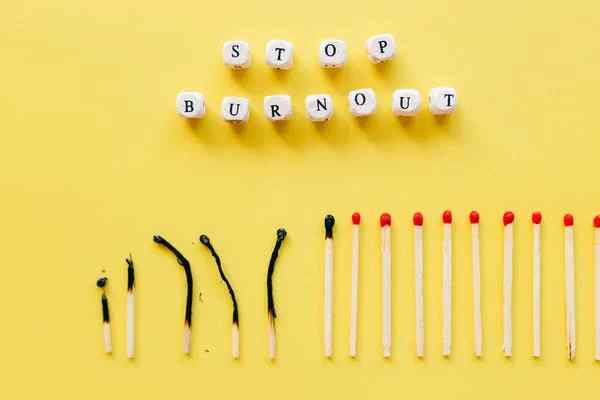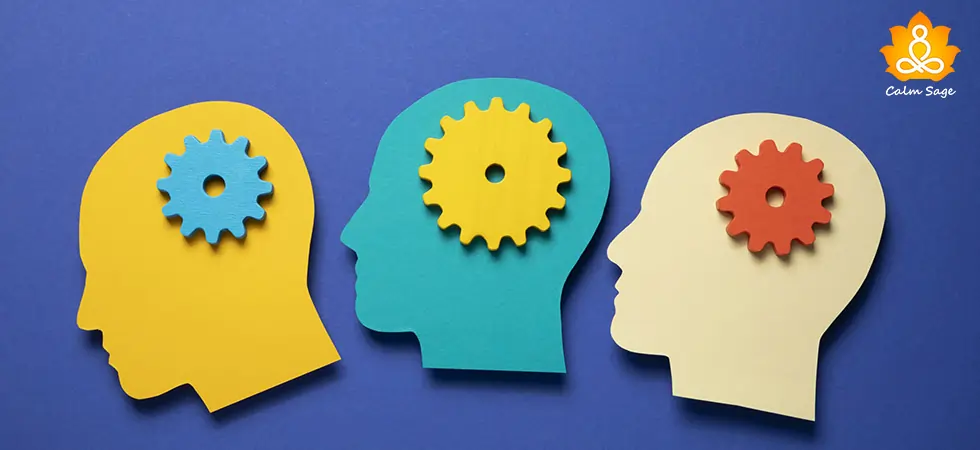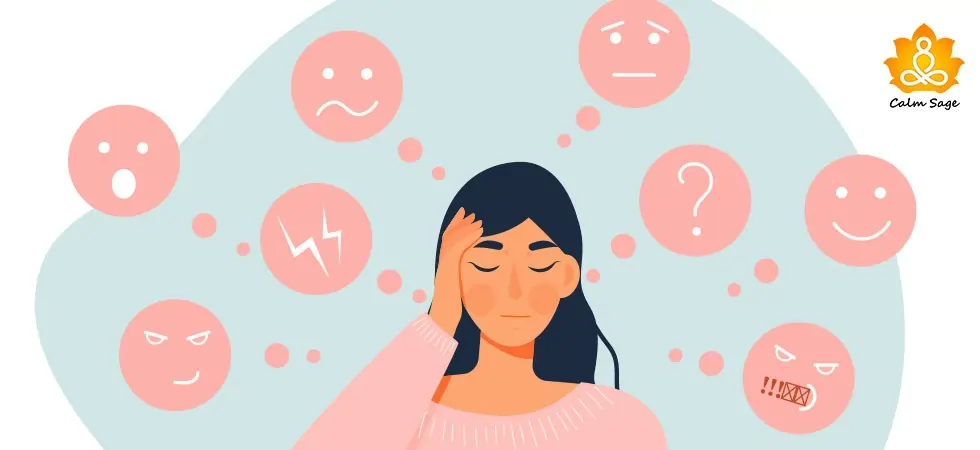Understanding Autistic Burnout In Adults

Autism spectrum disorder (ASD) is a condition that affects a person’s ability to comprehend and perceive information, communication style, and ability to socialize. It’s a neurodevelopmental disorder that can make it difficult for you to lead a normal life.
It is pretty difficult to live with autism especially when people around you don’t understand your condition quite well. There are several challenges for an adult with autism like improper social skills, and problems in communication (verbal and non-verbal) because their responses are completely different from what we generally expect.

An autistic adult will comprehend a situation in a completely different manner than other people around them, hence, it becomes difficult for others to understand them. Dealing with all the symptoms of autism along with the burden of making people understand your point of view can make you feel tired and exhausted resulting in autistic burnout in adults.
Autistic burnout can also happen to those who choose to mask their autism. In fact, autistic burnout affects such people more. If you are someone who has been dealing with autistic burnout, let me tell you, there are ways you can recover from autistic burnout.
Let’s see how! But first, let’s briefly understand what autistic burnout looks like…
What Is Autistic Burnout In Adults?
Have you been feeling like you just want to be all by yourself or do you need sleep even after you have just woken up? Does it feel like your mind has refused to do its job, is it shutting down? Do you feel exhausted and tired almost all the time?
If you said yes to all these questions, you probably are going through autistic burnout. Autistic burnout is a condition where you have no energy to deal with your condition and your life with this condition anymore. It’s like you’re tired of fighting the odds and now your mind and body have simply refused to be of any use.
Autistic burnout is nothing like depression or any other kind of burnout. Although there has been a lot of talk about autistic burnout, sadly not much is known about it in the form of literature. However, there are a few professionals who came out with three key components of autistic burnout;
- Chronic exhaustion
- Decreased tolerance to triggers
- Deteriorating skills
Now that you know what autistic burnout in adults looks like, let’s move on to the symptoms of autistic burnout in adults.
Symptoms Of Autistic Burnout In Adults

When someone experiences autistic burnout it becomes very difficult for them to even complete their routine tasks like brushing their teeth or making themselves a meal or walking their pet, etc. let’s look at all other the signs and symptoms of autistic burnout so that we know what autistic burnout really looks and feels like;
- Issues with decision-making and getting started with things
- Inability to perform executive functions
- Self-regulation issues
- Difficulty in communication (especially speech)
- Experience social fatigue
- Increase in sensory sensitivities
- Reduced eye contacts
- Increase in need for alone time
- Emotional outburst
- Difficulty in sleeping but having a strong urge to sleep all the time
- Experience frequent mental and emotional shutdowns
How To Recover From Autistic Burnout?

There is a high chance a person going through autistic burnout might not even have the energy to think about themselves and their condition. If you are a friend to someone who has autism and is going through autistic burnout, you must make them focus on themselves and motivate them to focus on their recovery.
Fortunately, there are quite a few things that you can do to recover from autistic burnout. Here’s what you need to do to recover from autistic burnout;
- Shift your focus on immediate tasks only, reschedule the tasks that can wait
- Know what’s important to you and invest your energy only in things that really matter to you
- Make arrangements to support your sensory needs (at home & at your workplace)
- Pay close attention to your triggers and make sure you adjust your schedule in such a way that you don’t feel overwhelmed all the time.
- Take some time off to relax. Engage in activities you really enjoy and which do not require you to put in the extra effort.
- Know what makes you feel calm and use them as your soothing triggers
- Believe in yourself. Simply knowing that you can get better is half the battle won.
- Spend time with people who have dealt with autistic burnout. They can help you understand your condition and share with you what worked for them.
- Seek professional help. Although autistic burnout can be dealt with on your own as well just in case you don’t seem to get out of autistic burnout, you can always turn to a mental health professional for help.
That’s All Folks!
I hope you found this blog about autistic burnout in adults informative and thought-provoking. An autistic burnout can happen to anyone. Even though one can recover from autistic burnout with not much difficulty, it’s always better to be cautious about not overburdening yourself so that you feel burnout.
Try to take up only as much as it can fit on your plate. Do not try to do everything at once, if you can’t finish something today, you can complete it tomorrow with an even more relaxed mind and energetic body.
Thanks for reading.
Take care and stay safe.




















